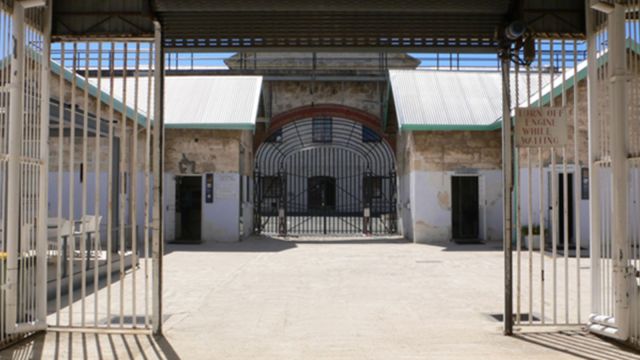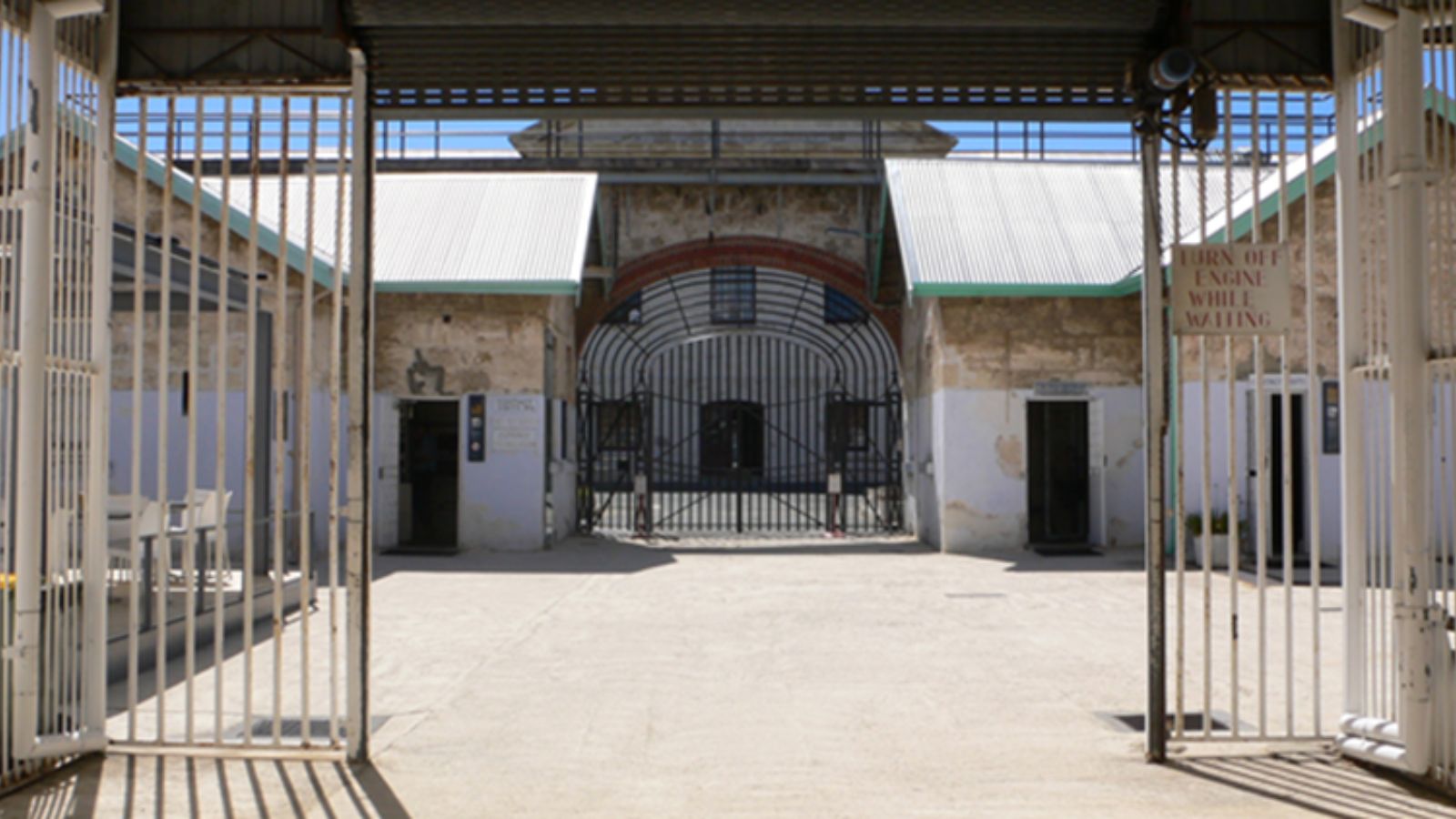
Written by Aditi Narayani Paswan and Vanya Chhabra
The social and cultural matrix of India creates a strange dichotomy. On the one hand, we are marching ahead to build a Bharat based on the civilisational value of equality. On the other hand, we are still haunted by the vestiges of our past. Take prisons, where we see the interaction of caste and colonialism. The prison is a significant unit of India’s corrective justice system. Unfortunately, for the marginalised, the baggage of their social identities is not deposited at the prison gate but rather, continues affecting their dignity and basic rights. For them, it is not just society and law, but the very circumstances of their birth that play a part in their fight for justice. As the state erects monuments to honour marginalised communities, it continues to perpetuate institutional caste inequalities.
Several prison manuals in use today were drafted before Independence. The continued use of Raj-era guidelines signifies the lasting impact of the colonial mindset. Similarly, practices based on caste distinctions of the colonial era helped systemise discrimination along caste lines. One such practice is the caste-based division of labour in jails, which is legitimised by state prison manuals. Recently, a public interest litigation filed before the Supreme Court, Sukanya Shantha vs Union of India (2024), called for addressing systemic caste-based discrimination in the Indian prison system, as well as the segregation of prisoners, and discriminatory provisions against the Denotified Tribes. The manuals cover subjects like rehabilitation programmes, prisoners’ rights, and record-keeping.
In an ideal scenario, the manuals would aim to ensure fair and consistent treatment of inmates across all state prisons. In practice, prisoners who come from marginalised communities are forced to take up cleaning and manual scavenging whereas dominant caste groups are given supposedly “noble” tasks such as cooking. This segregation of prisoners based on the manuals amounts to state-sanctioned discrimination. Manual scavenging, which was abolished decades ago in India and is prohibited under the Prohibition of Employment as Manual Scavengers and their Rehabilitation Act, 2013, continues to flourish in the prison system. Senior Advocate S Muralidhar rightly pointed out before the Supreme Court that centuries of caste discrimination had continued unabated inside prisons. Denotified Tribes who were previously listed as “criminal tribes” by the British colonial government under the now-repealed 1871 act, are continued to be classified by prison manuals as “habitual offenders”. The idea of group criminality contradicts the basic principles of natural justice and modern criminal law. The stigma associated with this label leads to further social and economic marginalisation.
Caste segregation is a stark violation of the fundamental constitutional rights of prisoners. Privileges within the prison system are often distributed based on caste. Upper caste inmates receive preferential treatment, further entrenching social hierarchies even within the confines of prison. The petition exposed instances of caste-based segregation in prison barracks like in Tamil Nadu’s Palayamkottai Central Jail, where different communities are allotted separate sections to prevent caste rivalries. Several welcome measures were taken by the incumbent government to tackle these systemic issues. One such step was developing the Model Prison Manual, 2016, by MHA to standardise and modernise prison management and administration across the country. However, despite this, certain prison manuals failed to do away with explicit caste-based practices. State prison manuals still enforce outdated and discriminatory practices, contravening the right to equality, life, and personal liberty. An in-depth analysis of state prison manuals highlights the need for uniform and stringent anti-discrimination policies. The Supreme Court’s acknowledgment of the gravity of these issues is a positive step, but it must be followed by decisive action to eradicate caste-based discrimination within the prison system.
As India strives to uphold the principles of the Constitution, the words of Ambedkar must be remembered, that we must realise a social democracy, not just a political one. The denial of equality and dignity in India’s prisons will lead to the weakening of social democracy and pose a threat to political democracy. To effectively eliminate discriminatory practices and ensure equal treatment for all inmates, regardless of caste, a comprehensive overhaul of prison policy is essential. It is a reminder that true justice can only be achieved when we confront and dismantle entrenched biases that perpetuate inequality. Anti-caste sloganeering of the ’70s and ’80s may have altered social dynamics but now, our struggle is to carve a rightful niche in the society and not merely resort to tokenism. As we await the Supreme Court’s verdict, it is imperative to recognise the broader implications of this case on the Indian justice system. Addressing caste-based discrimination in jails is not just about upholding prisoners’ rights; it is about reaffirming our commitment to the constitutional values of equality, dignity, and justice.
Paswan is assistant professor of Sociology, Lakshmibai College, Delhi University and Chhabra is a practising lawyer in Delhi



